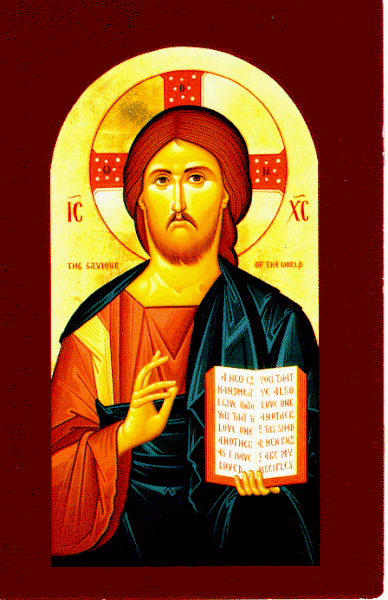
Adventist Sabbath Argument #5
The Sabbath is kept by Gentiles according to Isaiah. Therefore, God intended the Sabbath to be kept by all people, and not just the Jews.
My Response:
This assertion finds its basis in Isaiah chapter 52:3-7 which reads:
“Blessed is the man who does this, the man who holds it fast, who keeps the Sabbath without desecrating it, and keeps his hand from doing any evil. Let no foreigner who has bound himself to the LORD say, “The LORD will surely exclude me from his people.” And let not any eunuch complain, “I am only a dry tree.” For this is what the LORD says: “To the eunuchs who keep my Sabbaths, who choose what pleases me and hold fast to my covenant-to them I will give within my temple and its walls a memorial and a name better than sons and daughters; I will give them an everlasting name that will not be cut off. And foreigners who bind themselves to the LORD to serve him, to love the name of the LORD, and to worship him, all who keep the Sabbath without desecrating it and who hold fast to my covenant-these I will bring to my holy mountain and give them joy in my house of prayer. Their burnt offerings and sacrifices will be accepted on my altar; for my house will be called a house of prayer for all nations.”
This passage does speak of “foreigners” (i.e. Gentiles) keeping the Sabbath, and God not rejecting them for doing so. However, based on its language, this passage is clearly dealing with that former covenant that “was symbolic for the present time in which both gifts and sacrifices are offered which cannot make him who performed the service perfect in regard to the conscience—concerned only with foods and drinks, various washings, and fleshly ordinances imposed until the time of reformation.” (Hebrews 9:9-10 NKJV). This fact is seen from expressions such as, “my temple” and “Their burnt offerings and sacrifices will be accepted on my altar”, etc. Obviously, this is language meant to be associated with the first or old covenant God made with Israel at Sinai. His new covenant would not be like His old one (Jer. 38:31-32 LXX; 31:31-32 MT; Heb. 8). Therefore, these words are not to be understood in a literal sense for the Christian. Rather, the message is to be adapted to that of the Christian faith spiritually; for we are His temple (cf. 1Pet. 2:4-5) and His living sacrifices (cf. Rom. 12:1) that are offered upon His altar.


No comments:
Post a Comment